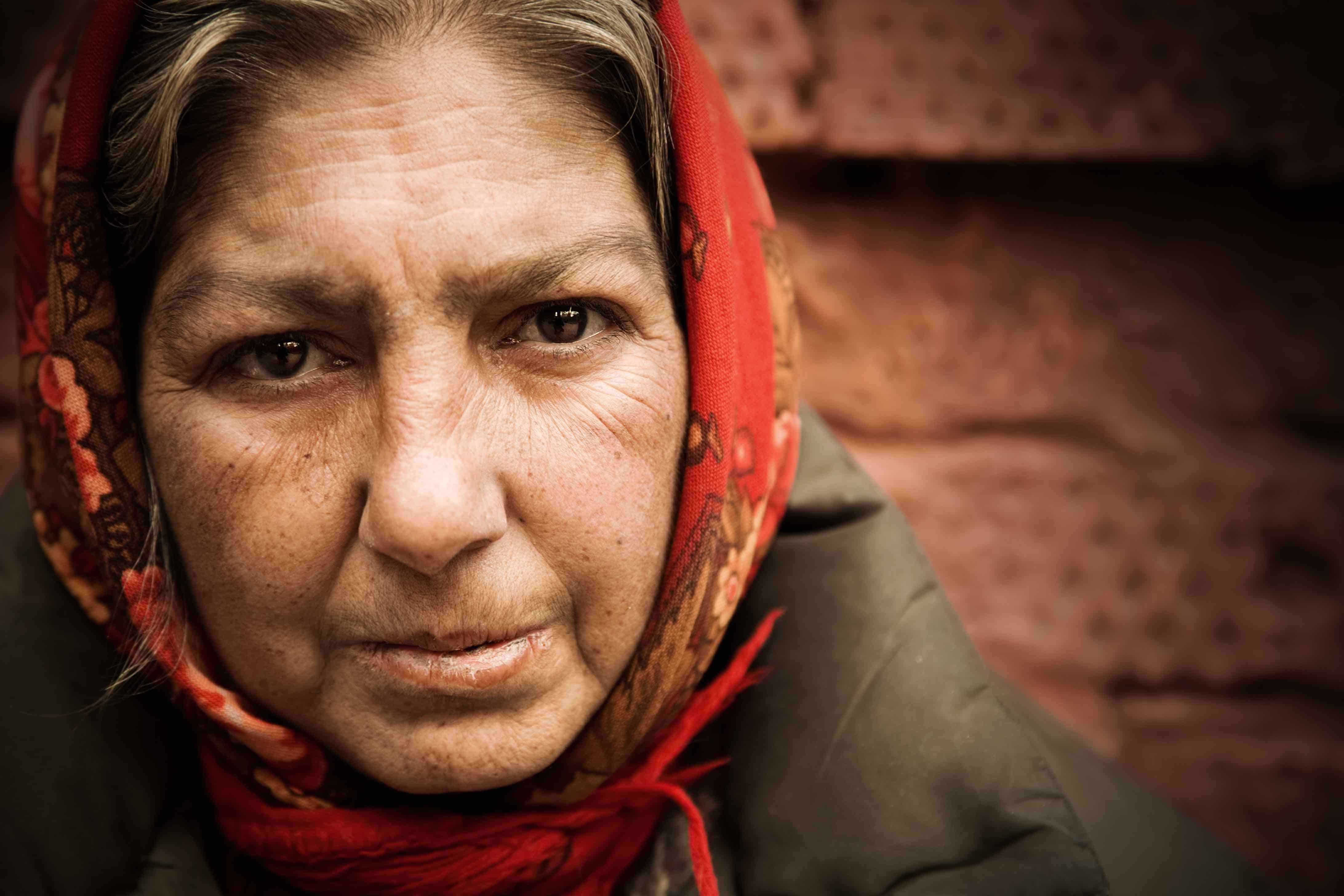Top Ten Poverty Quotes
by CAPP-USA

Poverty quotes that penetrate the ideologies, confusion, and misdirection.
Quotes about Poverty that Will Help You See Clearly
Poverty affects millions, even in developed countries and the Holy Fathers do much to ensure our understanding of “who is poor” avoids a one-dimensional focus.
Here are ten quotes about poverty that illumine how to properly understand this issue.
- “The Church’s love for the poor…is a part of her constant tradition.” (Catechism of the Catholic Church, 2444)
- “By virtue of her own evangelical duty the Church feels called to take her stand beside the poor, to discern the justice of their requests, and to help satisfy them”. (Pope St. John Paul II, 39)
- “[I]t is well known that there are many other forms of poverty, especially in modern society – not only economic but cultural and spiritual poverty as well.” (Pope St. John Paul II, 57)
- Material poverty “affects those living in conditions opposed to human dignity: those who lack basic rights and needs such as food, water, hygiene, work and the opportunity to develop and grow culturally”. (Pope Francis, 2)
- Moral poverty “consists in slavery to vice and sin”. (Pope Francis, 2)
- We experience spiritual poverty “when we turn away from God and reject his love.” (Pope Francis, 2)
- A preferential option for the poor “demands before all else an appreciation of the immense dignity of the poor”. (Pope Francis, 158)
- “Considerations of justice and equity can at times demand that those in power pay more attention to the weaker members of society, since these are at a disadvantage when it comes to defending their own rights and asserting their legitimate interests.” (Pope St. John XXIII, 56)
- “Everyone must lend a ready hand to this task, particularly those who can do most by reason of their education, their office, or their authority.” (Pope St. Paul VI, 32)
- “Every human life is called to some task by God. Endowed with intellect and free will, each man is responsible for his self-fulfillment…he is the chief architect of his own success or failure.” (Pope St. Paul VI, 15)





